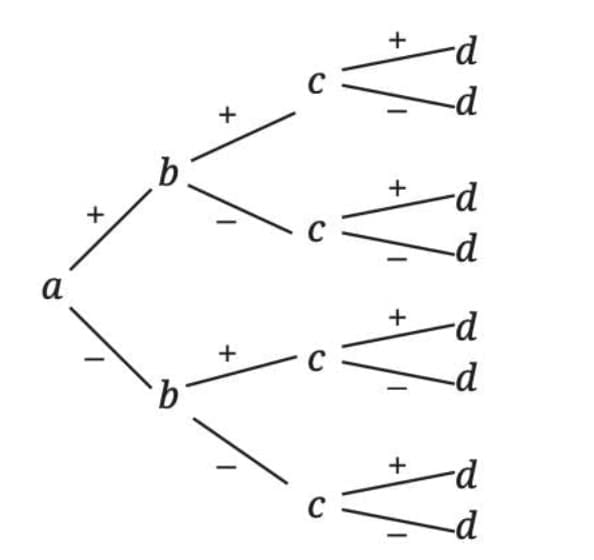|
Can every natural number be expressed as the sum of consecutive natural numbers? |
Card: 1 / 24 |
|
No, not all natural numbers can be expressed this way; for example, powers of 2 cannot. |
Card: 2 / 24 |
|
Which numbers can be expressed as sums of consecutive natural numbers in multiple ways? |
Card: 3 / 24 |
|
Numbers like 15 can be expressed as sums of consecutive numbers in multiple ways, such as 7 + 8 and 4 + 5 + 6. |
Card: 4 / 24 |
|
Fill in the blank: All even numbers can be expressed as a sum of consecutive numbers, except for ___ and ___. |
Card: 5 / 24 |
|
True or False: The number zero can be expressed as a sum of consecutive natural numbers. |
Card: 7 / 24 |
|
What is the general form for expressing any four consecutive numbers with plus and minus signs? |
Card: 9 / 24 |
|
The eight expressions can be represented as n + (n+1) + (n+2) + (n+3), n + (n+1) + (n+2) - (n+3), and so on. |
Card: 10 / 24 |
|
False, it can produce either an even or odd number depending on the values of g and h. |
Card: 12 / 24 |
 Unlock all Flashcards with EduRev Infinity Plan Starting from @ ₹99 only
|
|
Both 4m and 2n are even for any integer values of m and n, thus their sum is always even. |
Card: 14 / 24 |
|
Fill in the blank: A number is divisible by 5 if its last digit is ___ or ___. |
Card: 19 / 24 |
|
The digital root is 2, obtained by repeatedly summing the digits until a single digit is left. |
Card: 22 / 24 |





















